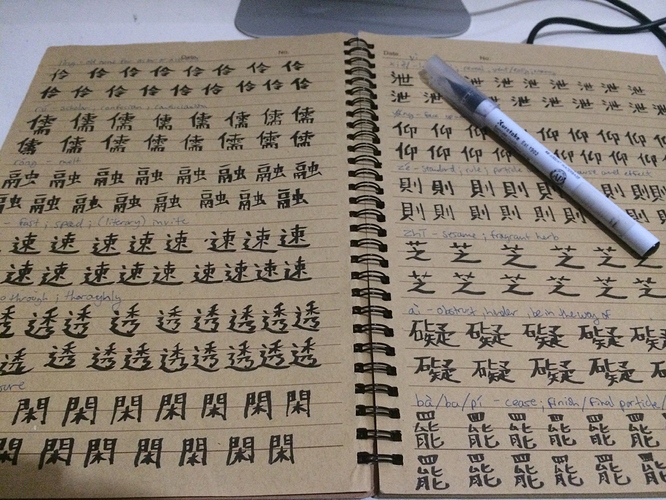I am wondering if anyone here is using “Glossika mass sentences” for Mandarin or other languages. I am most likely going to buy it soon for Mandarin and Japanese. If you are a Glossika user, how has your experience been? How long have you been using it? Do you use the SRS or the Mass Sentence files? How much time per day do you dedicate to Glossika?
I personally like to use many different resources for studying languages, helps me stay engaged and not get bored. I have also become a big fan of learning language through listening while doing other tasks, and Glossika looks promising for this style of studying.
Also, I would like to ask everyone what other products are they using in conjunction with Cpod?
Here’s what I have been using thus far:
Abc’s of Chinese
Pimsleur 1-3
Learn Mandarin while you drive pt 1
Modern Mandarin Chinese Grammar, Claudia Ross and Jing Heng Sheng Ma
Common Chinese Patterns 330
Lingq
Far East 3000 Character Dictionary
Hanban New Practical Chinese Reader textbook 3
Arch online chinese dictionary
I’m interested in what people are using, what they find effective and how they go about their studies? Let’s add on.


